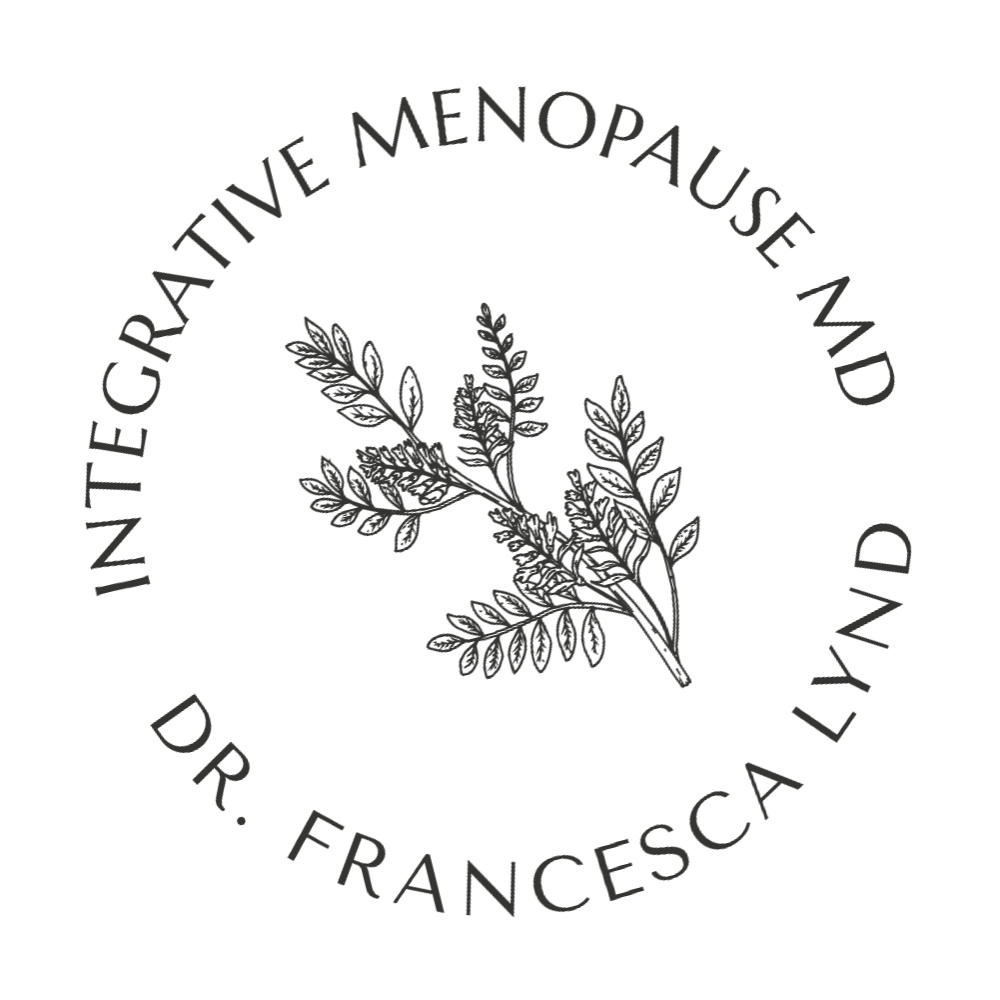The Menopausal Heart: How Reproductive Milestones Influence Your Heart Health
Aug 04, 2024
Menopause represents a pivotal stage in a woman’s life, marking the end of her reproductive years and bringing about a host of physiological changes. Beyond the hot flashes and mood swings, menopause can also have a profound impact on cardiovascular health. Cardiovascular disease (CVD) remains the leading cause of death among women, and growing evidence suggests that various reproductive risk factors are at play. Let’s explore how different reproductive milestones and conditions, spanning menstruation, pregnancy and menopause can influence cardiovascular health.
The Link Between Your First Period and Cardiovascular Risk
How old you are when you get your first period can have lasting implications for cardiovascular health. Having a period before age 10 is linked to a higher likelihood of developing metabolic syndrome, obesity, dyslipidemia, and hypertension—conditions that often lead to heart disease. Conversely, a first period after age 17, may also pose risks, though the exact mechanisms behind this U-shaped relationship are still being studied.
Polycystic Ovary Syndrome (PCOS) and Heart Health
Polycystic Ovary Syndrome (PCOS) affects 5% to 13% of women and is known for symptoms such as irregular periods, excessive hair growth, and acne. This condition is not only inconvenient but also poses a significant cardiovascular risk. Women with PCOS are more likely to experience metabolic syndrome, obesity, dyslipidemia, hypertension, and diabetes. Studies suggest that women with PCOS have a 30% higher risk of cardiovascular events, including coronary heart disease and stroke, making early diagnosis and management critical.
Contraception: What You Need to Know
The impact of contraceptive methods on cardiovascular health varies:
Oral contraceptive pills: Combined oral contraceptive pills with higher doses of estrogen (≥50 µg) are associated with increased risks of elevated blood pressure and blood clots. However, newer formulations with lower doses of synthetic estrogen (≤30 µg) are lower risk.
Long-acting reversible contraceptives (LARCs): Intrauterine devices and subdermal implants do not carry the same cardiovascular risks, making them a safer choice for some women.
Pregnancy and Its Cardiovascular Consequences
Pregnancy is a crucial period for assessing cardiovascular risk. Gestational diabetes, hypertensive disorders, and preterm delivery can have long-term impacts on cardiovascular health:
- Hypertensive Disorders of Pregnancy (HDP): Conditions like gestational hypertension and preeclampsia are linked to a higher risk of cardiovascular disease later in life. Women with a history of HDP are at a significantly increased risk for coronary artery disease, peripheral vascular disease, and stroke.
- Gestational Diabetes Mellitus (GDM): GDM increases the risk of developing type 2 diabetes and cardiovascular disease, with women experiencing a twofold increase in cardiovascular risk even if they do not develop diabetes post-pregnancy.
- Preterm Delivery: Deliveries before 37 weeks of gestation are associated with higher risks of stroke, ischemic heart disease, and overall cardiovascular mortality. This risk is compounded when preterm delivery occurs alongside other pregnancy complications like gestational diabetes, hypertension and preeclampsia.
Menopause Transition and Cardiovascular Risk
The menopause transition is not just a roller coaster ride of fluctuating hormones. Other physiological changes occur as well, which can accelerate cardiovascular risk.
- Lipid Studies and Abdominal Fat: During menopause, adverse changes in lipid profiles and an increase in abdominal fat (an indicator of insulin resistance) can contribute to cardiovascular risk.
- Arterial Stiffness: Menopause is also associated with increased arterial stiffness. Stiff arteries are a predictor of cardiovascular disease.
- Premature and Early Menopause: Women experiencing menopause before age 45 (early menopause) or before age 40 (premature menopause) are at heightened risk for coronary heart disease, heart failure, and cardiovascular mortality. Hormone therapy may mitigate some of these risks, but it is essential to consult with a healthcare provider to weigh the benefits and risks.
- Vasomotor Symptoms (VMS): Having severe and/or frequent hot flashes as well as having persistent hot flashes and night sweats extending beyond the menopause transition are not just uncomfortable.They are linked with an increased risk of cardiovascular events. While treatment options exist and are highly effective, we still do not know if treatment will actually reduce the cardiovascular risk.
Path Forward: Raising Awareness and Improving Health
Increasing awareness of how reproductive factors impact cardiovascular health can lead to more effective prevention and management strategies. Incorporating these factors into a personalized cardiovascular risk assessment will help you tailor your prevention plan and improve overall heart health. Menopause is so much more than estrogen depletion!
The connections between reproductive health and cardiovascular disease are complex and multifaceted. High quality research is crucial for a deeper understanding. For now, it is important to be proactive about your cardiovascular health, especially if:
You were under 10 years old at your first period
You have been diagnosed with PCOS
You've experienced a pregnancy risk factor for cardiovascular disease
Or you have experienced premature or early menopause
Regular check-ups, lifestyle modifications, and open conversations with healthcare providers who are knowledgeable about risk factors, can go a long way in safeguarding heart health throughout life. There are actionable steps to take for just about all risk factors.
By staying informed and proactive, women can better manage their cardiovascular risk and lead healthier lives.
Clearly, this post is for general information only! This is not medical advice. No physician/patient relationship is formed. Utilizing any of this information is at the reader's own risk. This content is not a substitute for personalized medical advice, diagnosis or treatment. Seek advice from your personal professional provider who knows you and your current medical needs.





